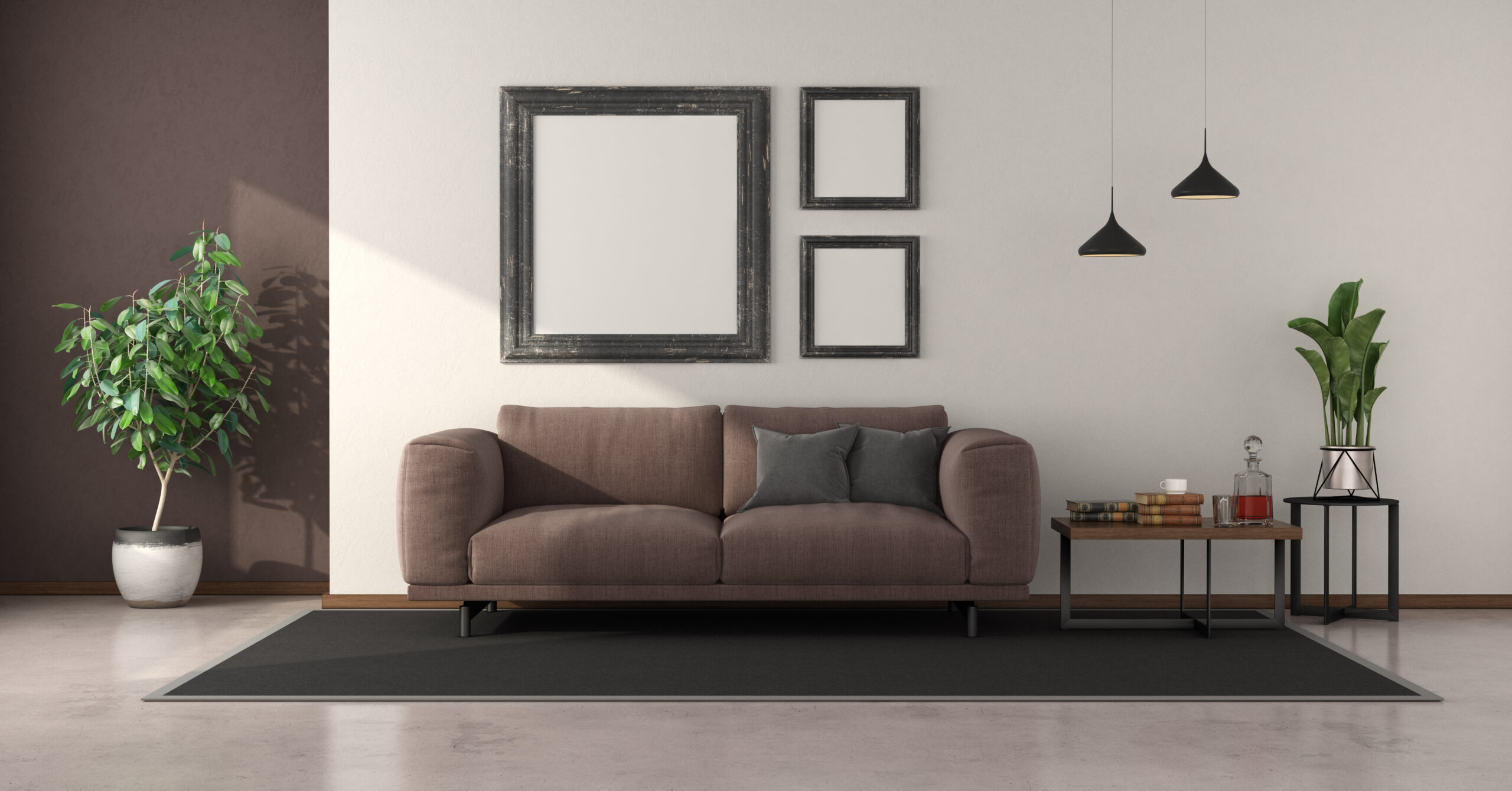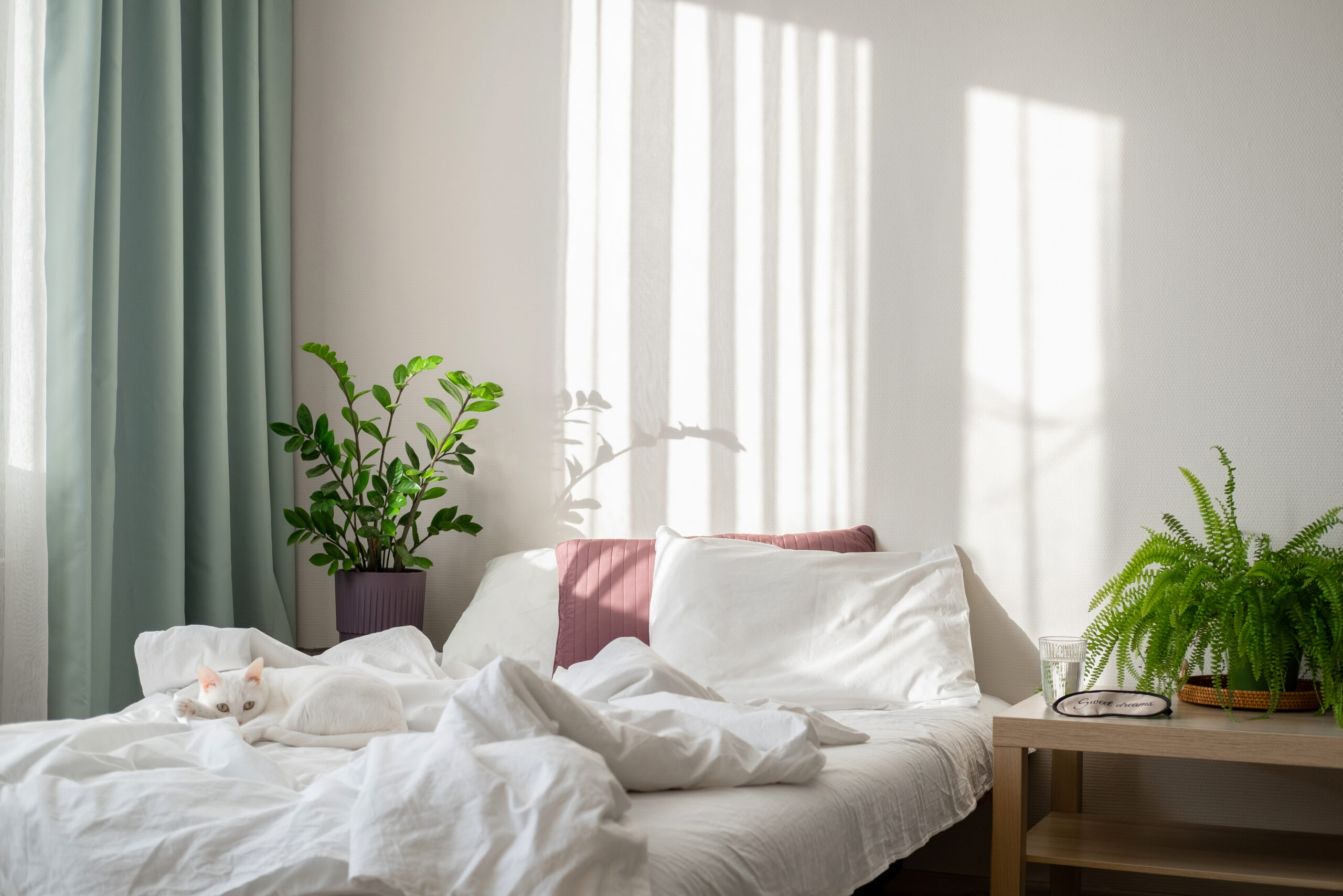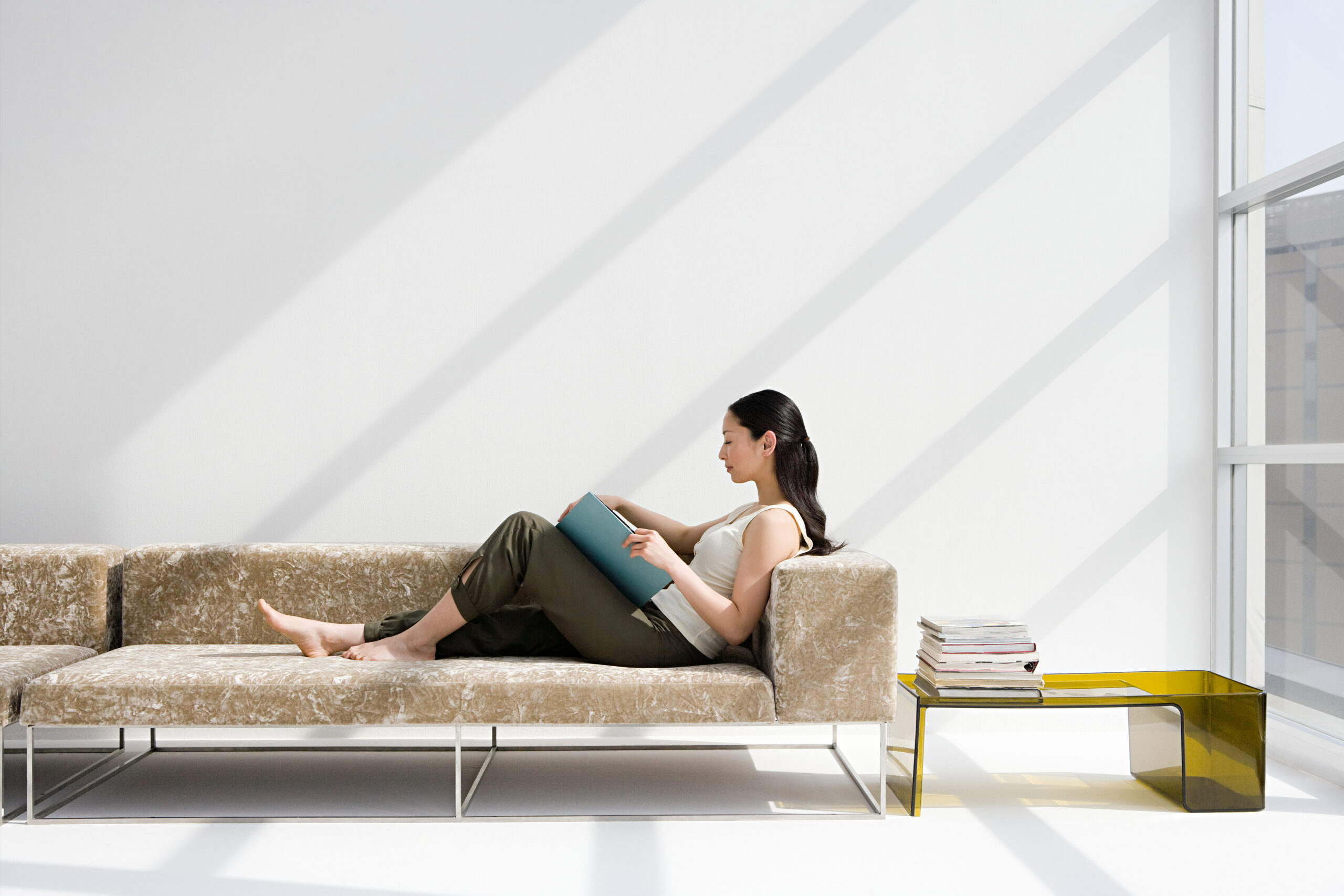In the harmonious whisper of minimalism, a quiet rebellion against consumerism unfolds
Amidst the clamour of a world enchanted by the siren song of consumerism and an insatiable hunger for more, there emerges a quiet rebellion – one that dances to the soothing rhythm of minimalism. This is not merely a design choice; it’s an intimate affair with intentionality, a love affair with simplicity, and a dance with mindfulness.
In a society where the pursuit of excess is a misguided marker of success, a growing tribe of kindred spirits is awakening to the transformative magic of embracing the minimalist way of life.
The concept of minimalism has roots that extend back several decades, and its influence can be traced through various art movements and philosophies.

While minimalism as an art movement emerged in the mid-20th Century, the application of its principles to lifestyle and living gained popularity in the late 20th and early 21st centuries.
The transition of minimalism from the art world to everyday life occurred gradually.
In the 1990s and early 2000s, individuals started adopting minimalist principles in their lifestyles as a reaction to the increasing consumerism and materialism of society.
Minimalism as a lifestyle
Early advocates, such as Joshua Fields Millburn and Ryan Nicodemus (known as “The Minimalists”), popularised the idea through their writings and documentaries, sharing personal stories of embracing a minimalist lifestyle.
People choose a minimalist lifestyle for a variety of reasons, and the motivations often differ from person to person.
In the quiet dance of simplicity and clarity, minimalism unveils a path to a life less cluttered, more intentional. By shedding the weight of excess possessions and distractions, individuals carve out space to immerse themselves in what truly matters, painting the canvas of their existence with a clearer purpose. Within the sanctuary of a clutter-free environment, stress finds its retreat.
Calm and order become companions, lifting the mental burden that accompanies the juggling act of managing an abundance of belongings. Here, minimalism becomes a balm for the soul, a soothing antidote to the anxieties of modern living.
Embracing minimalism is a mindful journey toward financial freedom. It beckons individuals to navigate spending and consumer habits with a discerning eye. Through the conscious act of curbing unnecessary purchases and prioritising quality over quantity, financial landscapes transform, leading the way to savings, debt relief and the liberating embrace of financial autonomy.
Environmental consciousness also takes centre stage as individuals become more aligned with eco-friendly principles, and a more Earth-friendly lifestyle.

Trimming away the unnecessary, minimalists are said to liberate time, resources, and mental space to invest in meaningful journeys – whether it’s traveling the world, cultivating relationships, or nurturing personal growth.
With fewer possessions, the baggage of life’s journey lightens, making relocation, travel, and adaptation to changing circumstances a graceful dance, unencumbered by the weight of excess.
Minimalism may also reshape the landscape of relationships, putting an emphasis once again on quality over quantity. It’s a transformative journey that prompts a re-evaluation of priorities, highlighting the profound importance of connections over material possessions. Through this focus, individuals cultivate deeper and more fulfilling relationships with friends and family.
Letting go becomes a powerful catalyst for personal growth.
For those seeking refuge from the relentless demands of consumer culture, minimalism can become a sanctuary, offering an alternative lifestyle, a respite from the constant pressure to accumulate more and keep pace with ever-changing trends.
There’s a sense of freedom, a liberation from the expectations and norms dictated by society.
With distractions minimised and space meticulously organised, individuals may also be able to discover an arena where creativity can flourish. Whether it’s the strokes of art, the prose of writing, or other forms of self-expression, minimalism becomes a muse, inspiring the boundless realms of imaginative exploration.
Studies supporting minimalist lifestyle
Russell W Belk’s seminal study in 1988 titled Possessions as the Extended Self delves into the psychological relationship between possessions and our sense of self. Belk’s findings propose that the act of minimising material possessions not only fosters a deeper self-awareness but also contributes to heightened life satisfaction.
In The Dark Side of Home: Assessing Possession ‘Clutter’ on Subjective Well-being by Catherine Roster et al (2016), the study investigates the impact of clutter on well-being. The findings indicate a negative correlation between the number of possessions and overall life satisfaction. Minimalism, by extension, offers a potential solution to alleviate the negative effects of clutter on mental well-being.
When it comes to the benefits of minimalist living, studies, including The Relationship between Clutter and Psychological Well-being: The Role of Personal Values by Joseph Ferrari et al (2018), suggest that a cluttered environment can contribute to elevated stress levels. Minimalism, by simplifying our surroundings, can alleviate stress and promote a calmer, more focused mind-set.
The Influence of Personal and Organisational Factors on Researchers’ Attitudes towards Sustainable Research Productivity: A Multi-Campus Study by Rachael T Malmberg et al (2020) hints at the positive impact of a simplified lifestyle on productivity. By minimising distractions and streamlining daily tasks, minimalist living can lead to increased focus and efficiency.
Meanwhile, research such as The High Price of Materialism by Tim Kasser (2002) highlights the link between materialistic pursuits and financial stress. Embracing a minimalist lifestyle often involves curbing unnecessary spending, paving the way for financial freedom and a more intentional use of resources.
Adopting a minimalist lifestyle is a journey, not a destination. It’s about continuous self-reflection and refining your choices to align with your evolving values.
As you let go of the unnecessary, you make room for personal growth and self-discovery. The beauty of minimalism lies in its adaptability to different lifestyles, allowing each individual to tailor it to their unique circumstances. – Izah Azahari







